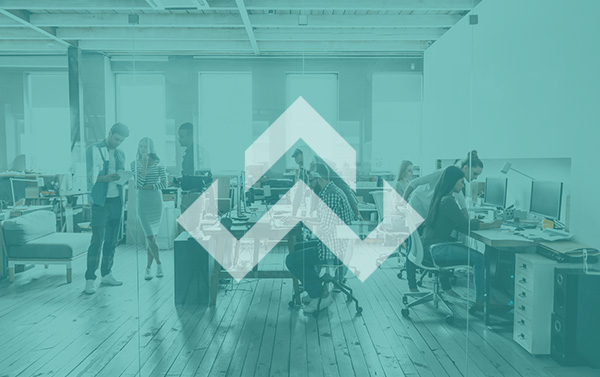There’s no denying that the web enables communication. The killer apps of the web — email, instant messaging, blogging — have enabled us to communicate with our friends, family, and the rest of the world on a large scale. But there is a newer characteristic of the web that has been emerging: to become social. The first wave of killer apps allowed us to communicate with the world at scale. The next wave is about connecting us and our online activities with our friends. (And your customer base)
Social networks have seen that next wave, and have started opening up developer APIs to enable third-party innovation on their websites. This is a great thing, but it has also led to a growing number of APIs which a developer must learn. So we took a look at the state of the web and asked how we could make development easier for both websites and developers. Out of that exercise came OpenSocial.
OpenSocial is a set of common APIs that will work on many different social websites, including MySpace, Hi5, Ning, orkut, and LinkedIn, among others. In addition, this allows developers to learn one API, then write a social application for any of those sites. Learn once, write anywhere, if you will. And because it’s built on web standards like HTML and JavaScript, developers don’t have to learn a custom programming language.
Perhaps most interestingly, we will see social capabilities move into new contexts. OpenSocial will also work in non-traditional social contexts, such as on Salesforce.com and Oracle. With a common set of APIs, it will be even easier to extend social functionality. Beyond the many fun and entertaining social applications we already have seen, we think we’ll see a number of social applications emerge in business contexts.
Lastly, the web is global, and so is the scope of OpenSocial. When you add up the current websites who have committed to implementing OpenSocial, you realize that a developer building for OpenSocial has the chance to reach over 200M+ users in dozens of countries. So over the course of the next few months, we’re going to continue laying the foundations of OpenSocial to enable this common dream for a more social web.
So get started today. First, sign up for the Orkut sandbox so you can begin building and testing. Next, take a look at the OpenSocial API docs. Finally, start thinking about the possibilities given all of the websites that are implementing OpenSocial.




